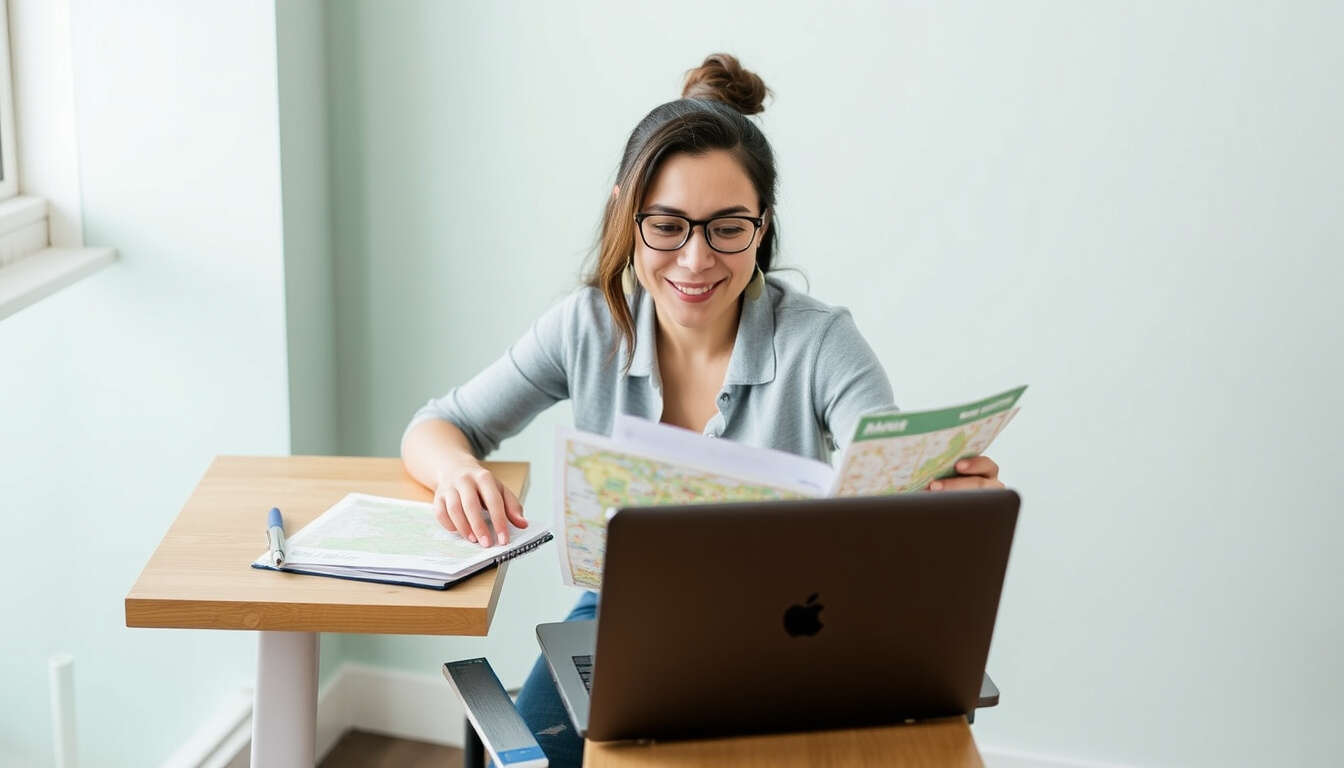Strategies for Effective Vacation Planning
 by Marlene Keeling
by Marlene Keeling
Planning a vacation can transform a simple trip into an unforgettable adventure. This article outlines key strategies for selecting destinations, managing budgets, creating itineraries, and ensuring safety, helping you enjoy a balanced and rejuvenating getaway.

Vacations offer a vital break from daily routines, allowing individuals to recharge and explore new experiences. Good planning ensures these trips are smooth and enjoyable, minimizing unexpected issues and maximizing relaxation.
Why Planning Matters
Good preparation sets the foundation for a successful vacation. It helps align trips with personal interests and available resources, leading to more satisfying outcomes. For instance, families might prioritize destinations with child-friendly activities, while solo travelers may seek cultural immersion.
Choosing the Right Destination
Begin by identifying what you want from your vacation. Consider factors such as season, weather, and personal preferences. Research options using reliable sources like travel guides or review sites. A real-life example is opting for a coastal retreat in summer for beach activities or a mountain escape in autumn for hiking, based on insights from tourism data.
Budgeting Essentials
Financial planning is crucial to avoid overspending. Start by estimating costs for transportation, accommodation, meals, and activities. Set a realistic budget and allocate funds accordingly. For example, choosing off-peak travel times can reduce flight prices by up to 30%, according to economic studies on tourism pricing.
Crafting an Itinerary
An organized itinerary balances structured plans with flexibility. Outline daily activities while leaving room for spontaneity. Use tools like digital calendars to map out visits to key sites. In practice, a couple planning a European tour might schedule museum visits in the morning and free exploration in the afternoons, drawing from psychological research that highlights the benefits of varied experiences for well-being.
Packing and Preparation
Efficient packing prevents forgotten essentials and eases travel. Create a checklist based on the trip's duration and destination. Include items like clothing, medications, and adapters. For international travel, check visa requirements and health advisories in advance. A traveler to a tropical area, for instance, might pack sunscreen and insect repellent, informed by health guidelines from global organizations.
Health and Safety Considerations
Prioritize well-being by staying informed about potential risks. Review travel alerts and ensure vaccinations are up to date. Maintain routines for sleep and nutrition to sustain energy levels. Remote work has increased the need for such planning, as many now combine trips with professional commitments. Psychological insights suggest that proactive safety measures reduce anxiety, enhancing overall enjoyment.
In summary, thoughtful strategies make vacations more rewarding. By focusing on destination selection, budgeting, itinerary creation, packing, and health, individuals can achieve a harmonious blend of adventure and rest. Implementing these approaches leads to memorable experiences that promote personal renewal.
